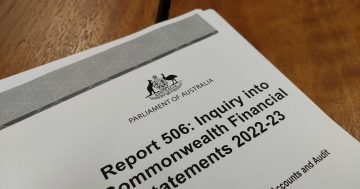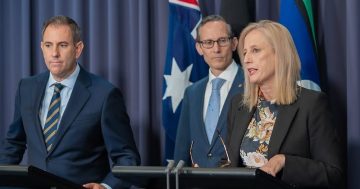 The Queensland Audit Office has summarised the audit results of 253 State Government entities, including the 20 core Government Departments in its latest report.
The Queensland Audit Office has summarised the audit results of 253 State Government entities, including the 20 core Government Departments in its latest report.
It has also analysed the consolidated financial performance of the Queensland Government (referred to as the Total State Sector) for 2021-22.
In a statement the Auditor-General, Brendan Worrall said the financial statements of all Departments, Government-owned Corporations, most Statutory Bodies, and the entities they controlled were reliable and complied with relevant laws and standards.
“However, ongoing delays in the tabling of annual reports mean the financial statements of Departments and Statutory Bodies are dated and less relevant by the time they are released to the public,” Mr Worrall said.
He said that in 2021-22, the Total State Sector reported a net operating surplus of $1.3 billion (2020-21: a deficit of $3.2 billion).
“The improved financial performance of the State was due to market conditions that resulted in significant increases in revenue of $13.8 billion (19 per cent),” Mr Worrall said.
He said this included royalty revenue (from the extraction of minerals), due to higher coal prices; stamp duty, driven by a strong residential property market; and Payroll tax, due to growth in employment and wages.
“Demand for public services is growing, particularly in the areas of health, education, child protection, and domestic and family violence,” Mr Worrall said.
“The cost to deliver these services is also increasing. Overall, Total State Sector expenses increased by $9.2 billion (12.2 per cent) in 2021-22.”
He said entities continued to have common weaknesses and were not resolving them in a timely manner.
These included entities not securing their information systems; not reviewing payroll reports and consistently approving employee transactions and not monitoring their procurement and contract management processes.
“Some of these weaknesses require immediate action by management,” Mr Worrall said.
“Over a quarter of deficiencies raised with Departments in 2020-21 were not resolved in accordance with agreed time frames.”
He said this exposed Departments to a higher risk of operational failures, non-compliance, fraud, or error.
The Auditor-General’s 73-page report can be accessed at this PS News link.











